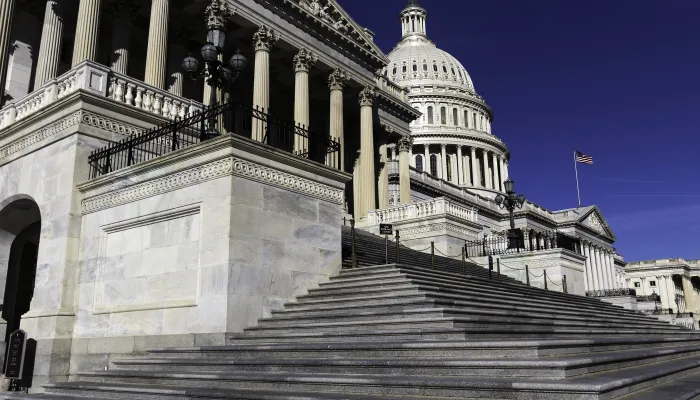Budget Deal's Offsets Don't Even Cover The Interest
President Trump and leaders in Congress announced a deal this week to increase caps on discretionary spending by $169 billion in 2020 and $153 billion in 2021 – a total of $322 billion in new spending authority for two years. The announced deal – the Bipartisan Budget Act of 2019 – also suspends the debt limit for two years and allows both the House and Senate to avoid passing a budget resolution for fiscal years 2020 and 2021. Ultimately, the bill will add $1.7 trillion to budget deficits over the coming decade.
While the bill does include some pay-fors, they are not even sufficient to cover the additional interest spending from this bill, let alone the actual spending increases. By extending mandatory budget sequestration and certain customs user fees for two years, the bill would generate $55 billion in additional savings in 2028 and 2029. That amount, however, covers only 58 percent of the interest costs, 17 percent of the direct cost of the bill, and 5 percent of the overall ten-year impact.
After the spending increases, interest, and offsets, the bill itself will cost $360 billion, but that is not even the full cost. Since the agreement explicitly chose not to extend spending caps past 2021, the levels for defense and non-defense spending set in 2021 will almost certainly be the basis of spending going forward. Under CBO's conventions that discretionary spending will increase with inflation, this bill will ultimately increase budget deficits by $1.7 trillion over the next ten years compared to current law spending levels.

